Mangjing village presents man-nature harmony
Located in the core area of ancient tea garden in the Jingmai mountain, Mangjing is a Bulang village in Lancang Lahu autonomous county, southwest Yunnan’s Pu’er city. In 2013, it was listed in the second batch of traditional Chinese villages.
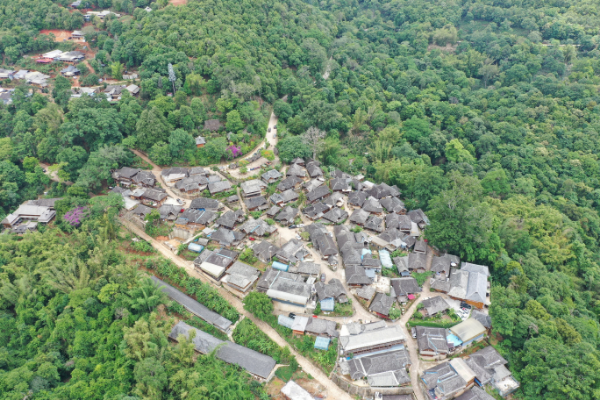

In Mangjing village, the traditional architecture of Bulang ethnic group features the bamboo building that has two floors, with people living upstairs. The building materials involve bamboo, wood, stones and tiles, making the house a comfort for those living in the areas of subtropical humid climate.
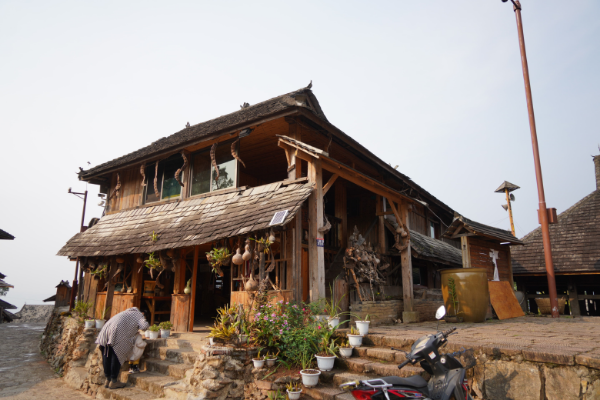

At present, the traditional houses in Jingmai Mountain still retain the classic and simplicity. Since the infrastructure such as roads, water supply, garbage and sewage treatment has been renovated, the living conditions have been improved.
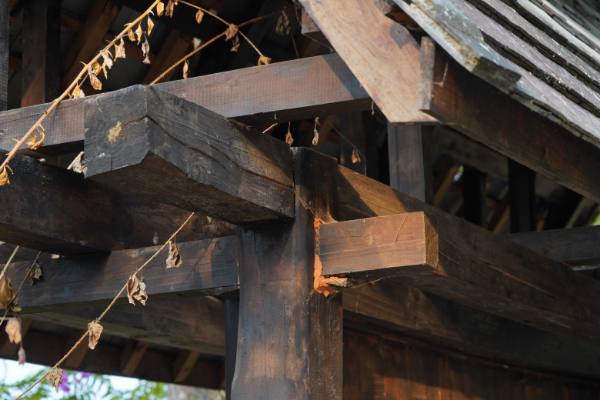
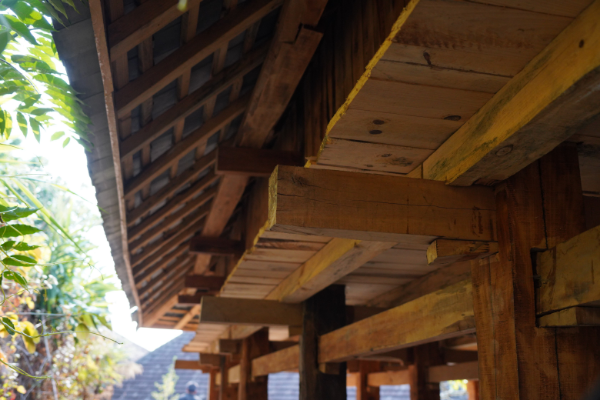
Tea is the main economic source for residents of the Jingmai Mountain, and it is also the main agricultural cash crop. Tea culture has shaped the unique cultural landscape of Jingmai Mountain and promoted the sustainable conservation of rural heritages.
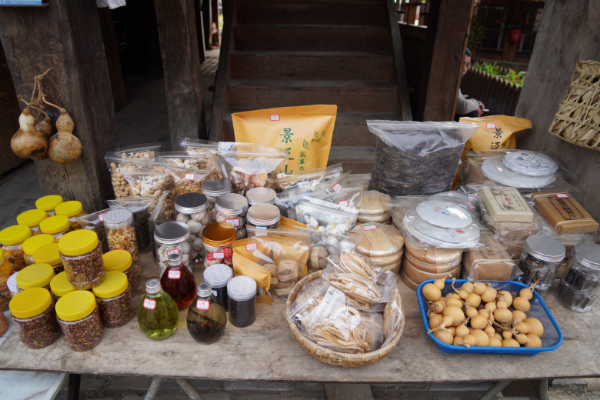

Equipped with tea workshops at home, every household in Mangjing Village makes tea, sells tea on live streaming, or posts photos of tea picking and making on social media. These allow them to do business at home.
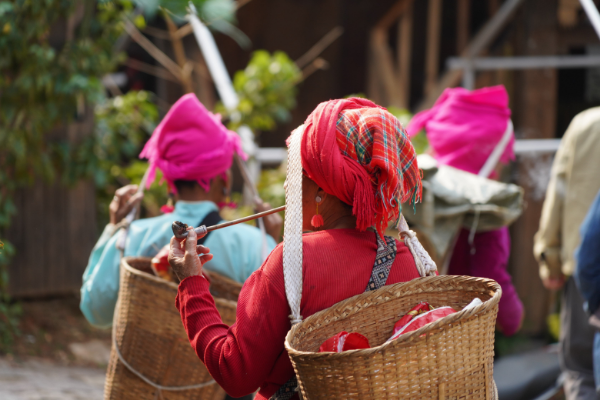

With the opening of the China-Laos Railway, more people have come here and the tourist flow has promoted the local tea industry. The villagers living in Jingmai Mountain started to lead a decent life.


The villagers are still observing the primitive Bulang folk customs. They have cultivated and protected tea trees in the forest for thousands of years. The tradition has formed a natural and cultural landscape where man and nature live in harmony. Their lifestyle constitutes part of the cultural landscape of this ancient tea forest.
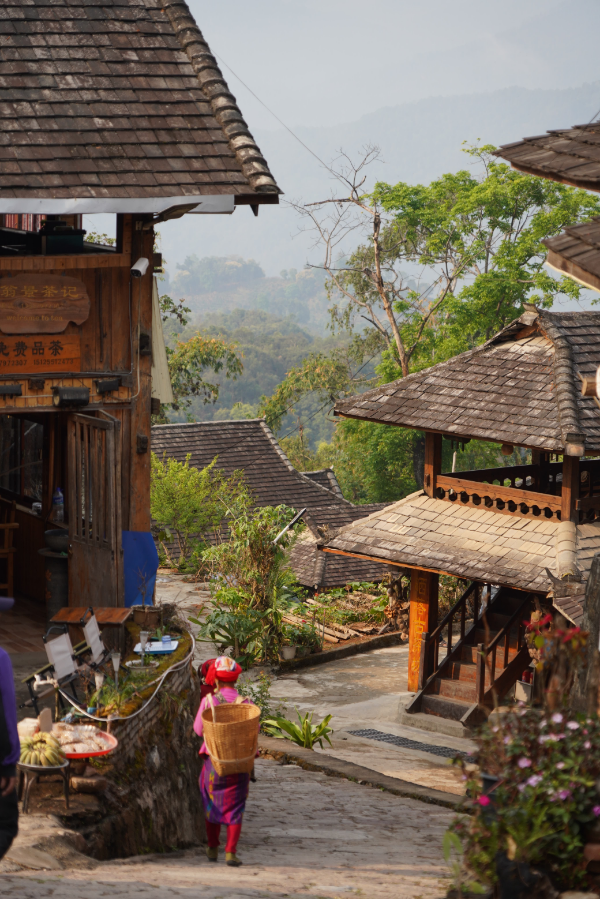
Source: Yunnan Updates; Trans-editing by Mo Yingyi








